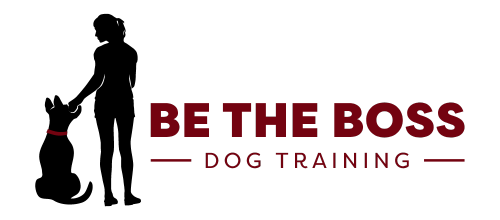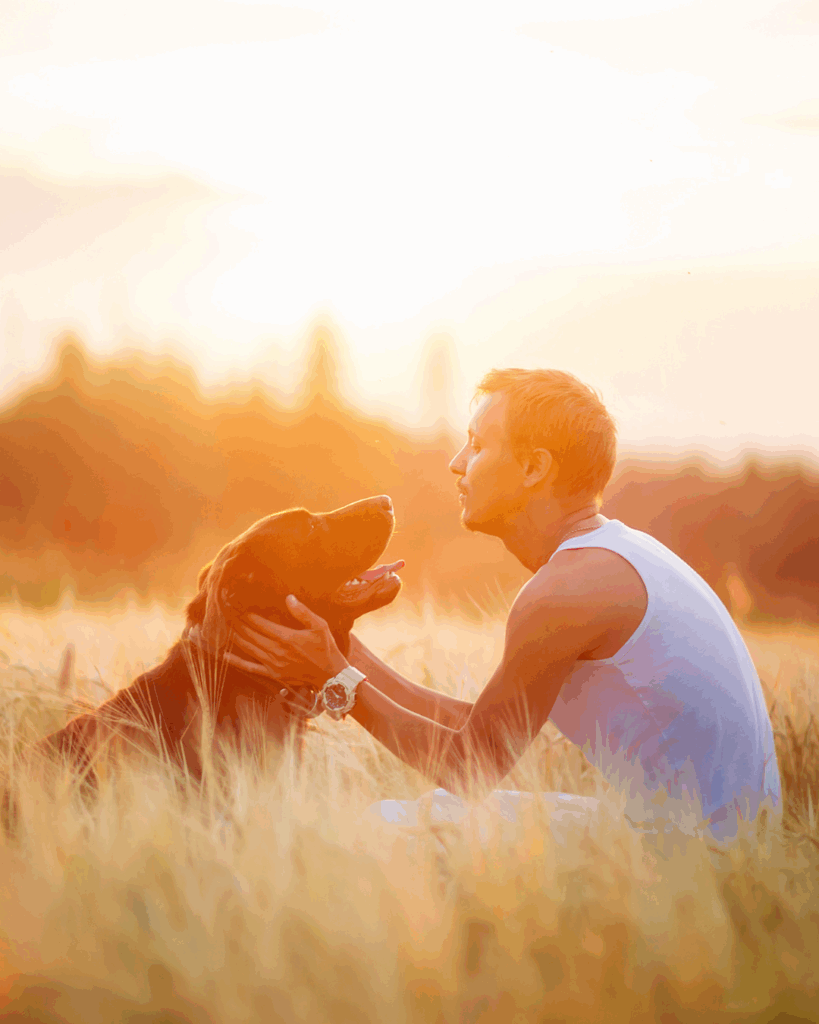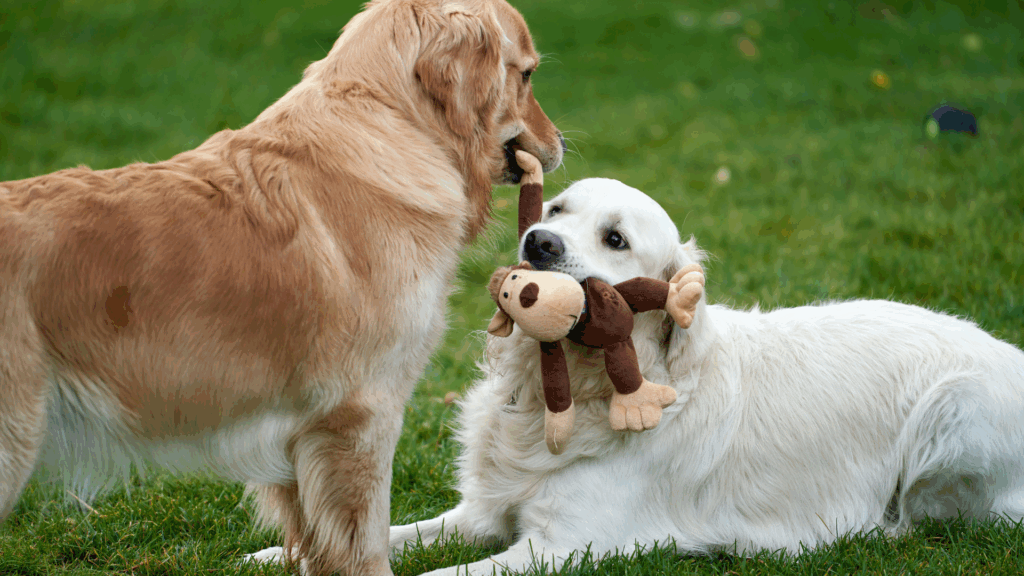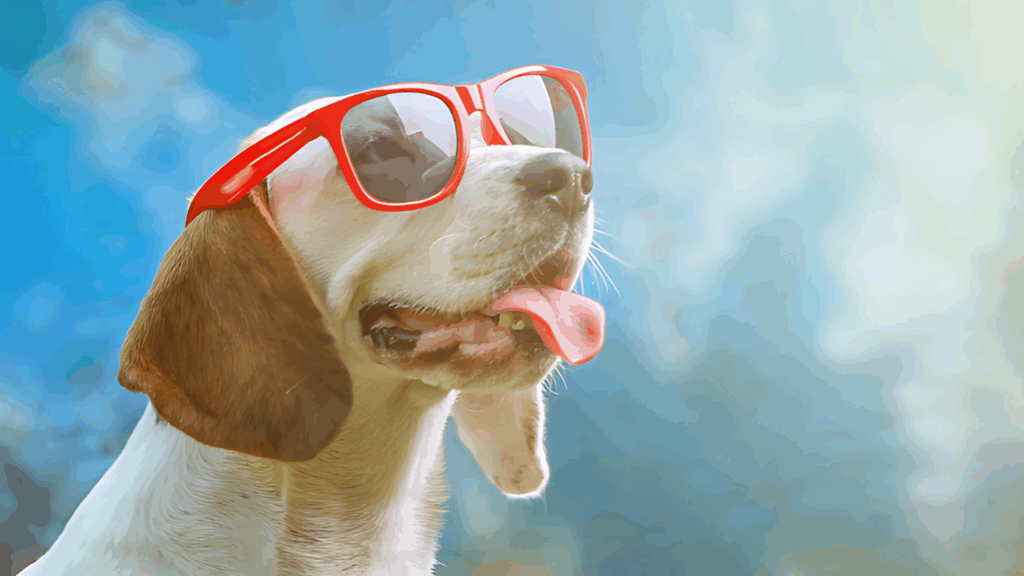Think your parents raised you right? Don’t be so sure.
Remember the “Golden Rule?” Do unto others as you would have others do unto you. This is great for children, and absolutely terrible for dogs.
The Golden Rule gets dogs in trouble. Just because we need to be caressed and comforted when we are scared, does not mean dogs need to be. Actually, that’s one of the worst things you can do.
Being soft and caressing to a dog when they are scared or anxious just throws fuel on the fire. Dogs rely on our body language and emotional vibe to tell them how they should react to a situation. Soft energy equates to you not being able to control the situation…ergo…they need to take control by protecting themselves.
Stop the Golden Rule with your dogs right now! It’s not doing you any favors.
If you have questions I’m happy to answer them. Thanks and good luck with training your pooch!
Photo Courtesy of: jerseymomsblog.com





